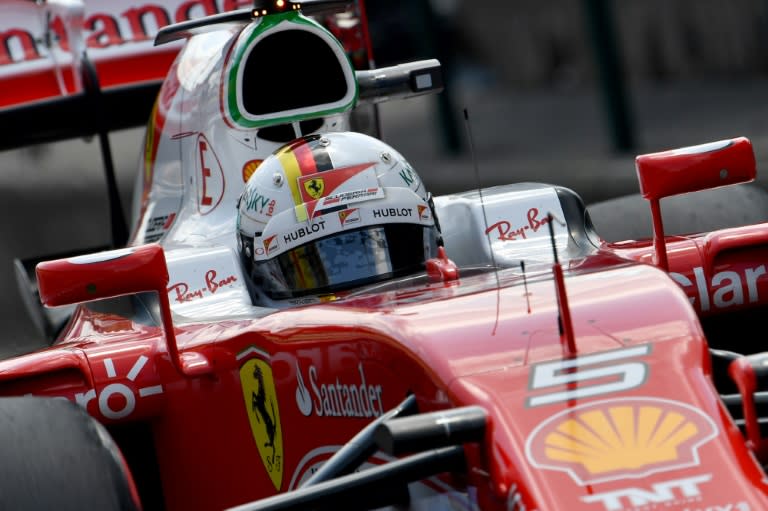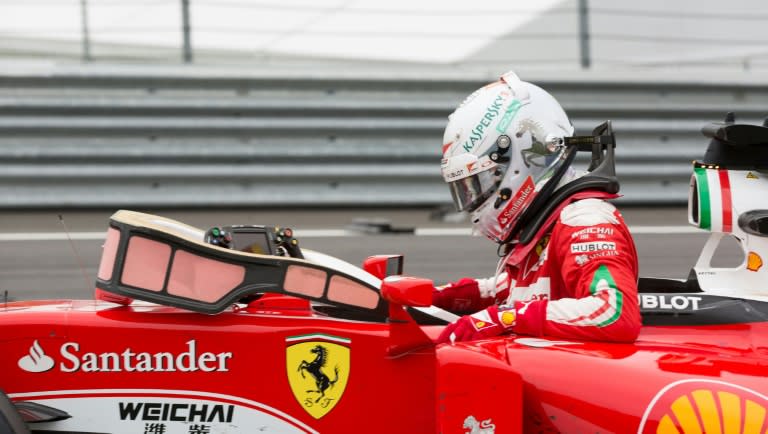Red Bull boss defends cockpit 'halo' delay
Red Bull team chief Christian Horner on Friday defended Formula One’s decision to postpone the introduction of cockpit 'halos' and said not enough research and development had been carried out. Horner spoke out after drivers’ union boss Alex Wurz warned that the move, taken on Thursday by the Formula One Strategy Group, had put business interests before driver safety. "I disagree with that," said Horner. "We've agreed for a system to come in in 2018, but it needs to be fully researched, fully developed and fully tested. “At the moment, other than a couple of installation laps from a couple of drivers, there’s been no (testing) mileage put on this.” He added that new tyre compounds are always tested intensively and extensively before they are introduced and said the same rigour must be applied to safety components. News of the rejection of the proposed cockpit protection device came just hours after four-time world champion Sebastian Vettel warned “nothing justifies death.” The Ferrari driver said: “It would be the first time in human history that we’ve learned a lesson and we did not change.” The F1 Strategy Group made the decision at a meeting in Geneva where it also decided to make changes in other areas including a near-complete relaxation of restrictions on teams’ radio communications and the introduction of wet race standing starts. In a statement sent out on Friday morning, F1 Race Director Charlie Whiting said the lifting of radio restrictions was done to improve content for the fans and spectators. His technical directive made clear that there would be no limits on the messages sent by teams except during the pre-race formation lap. He listed the subjects permitted in formation lap messages – including car problems, damage, driver software failures, official race control information and oil or debris on track. In exchange, he said, teams would no longer be able to use a ‘privacy’ button and keep their radio communications message secret. This means that in future broadcasters will have access to all the radio traffic, a move taken to boost the entertainment factor at a time when F1 ticket sales are slumping. Thousands of seats at Hockenheim have been covered by green sheeting because the promoters have not sold them. In another move, a proposal for a standing race start after a Safety Car period was agreed. Horner welcomed the changes, but added that with major technical regulation changes next year – requiring new designs for cars – it was likely to be difficult to do all the required work in the limited time available. Asked about the implications if there was a serious accident, in which the ‘halo’ might have helped protect a driver’s head, next year, he said: “It’s very difficult… "There are always ‘what ifs?’ "What if it was introduced and it created an accident or a driver couldn’t get out of the car… There are so many what ifs… We need to do the work and make sure it is what the drivers need."



